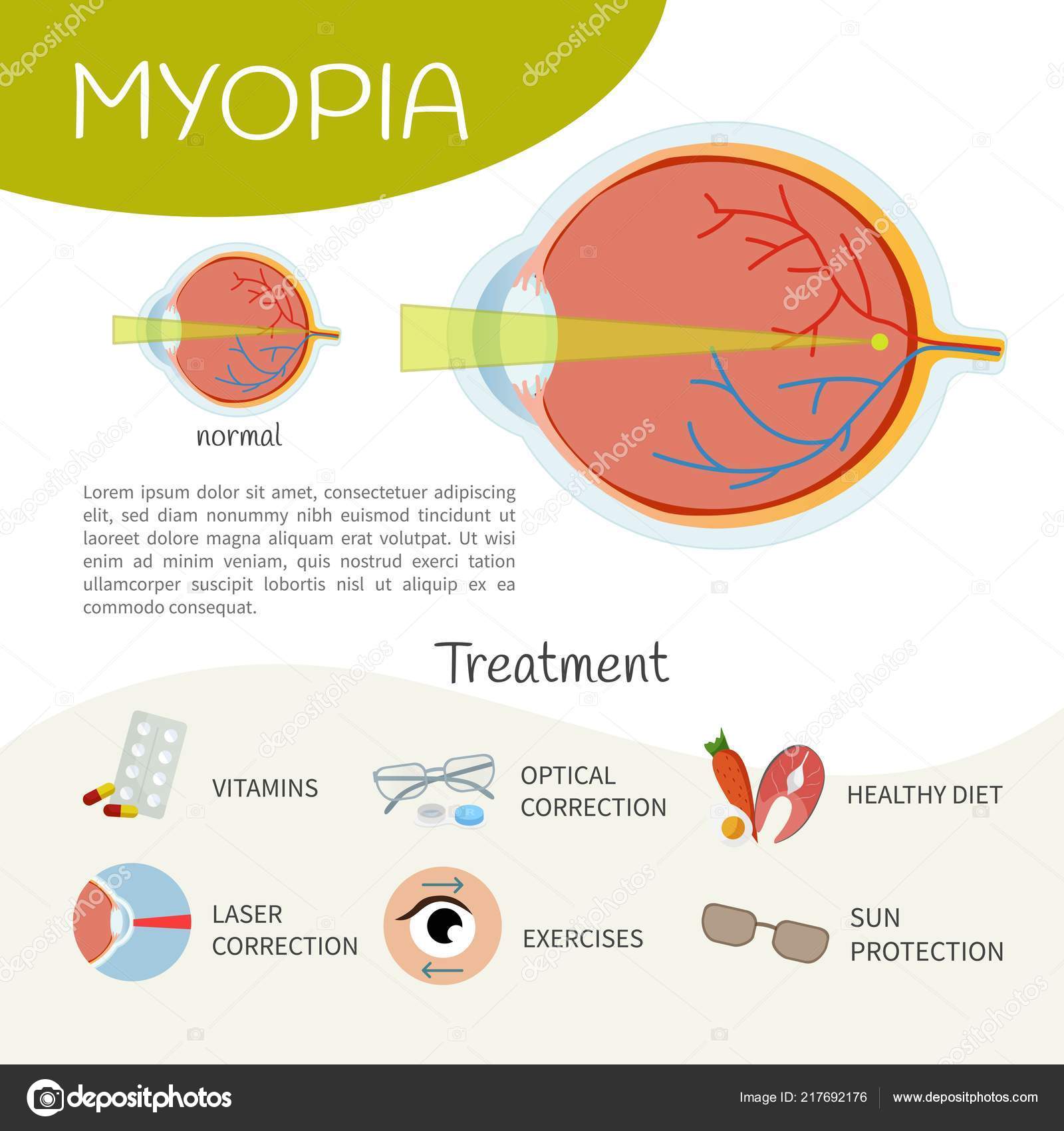Is SMILE Eye Surgical Treatment Appropriate For You? Trick Insights And Considerations To Bear In Mind
Content Composed By-Hollis Patel If you're contemplating SMILE eye surgery, ponder this: are you prepared to accept possible visual flexibility, or does the thought of any type of risks make you think twice? Your choice will depend upon a careful equilibrium of considering the advantages versus the unpredictabilities. It's critical to dig deeper into the nuances of SMILE surgical procedure to make an informed option that straightens with your visual objectives.
Comprehending SMILE Eye Surgical Procedure
When considering SMILE Eye Surgery, it's important to comprehend the procedure and its advantages. SMILE, which means Small Laceration Lenticule Extraction, is a minimally invasive laser eye surgical procedure that remedies typical vision problems like myopia (nearsightedness). During the treatment, your eye surgeon will certainly make use of a femtosecond laser to develop a little incision in your cornea. Through this incision, a little disc of tissue called a lenticule is eliminated, reshaping the cornea and fixing your vision. One of the vital benefits of SMILE Eye Surgical procedure is its fast healing time. on front page improved vision within a day or 2 after the procedure, with very little pain. Furthermore, SMILE is known for its high success rate in giving long-term vision modification. Unlike LASIK, SMILE does not call for the production of a flap in the cornea, decreasing the risk of difficulties and allowing for a more secure corneal framework post-surgery. Recognizing the procedure and its benefits is crucial when considering SMILE Eye Surgical procedure for vision modification.
Advantages and disadvantages of SMILE
Thinking About SMILE Eye Surgical treatment for vision correction features numerous benefits and possible drawbacks. One of the primary pros of SMILE is its minimally invasive nature, as it involves a tiny laceration and generally leads to quick recovery times. The procedure is likewise known for creating minimal pain and completely dry eye signs and symptoms post-surgery compared to other vision correction approaches. Furthermore, SMILE has been revealed to give superb visual results, with lots of clients attaining 20/20 vision or better. On the other hand, a potential disadvantage of SMILE is that it might not appropriate for people with serious refractive errors, as the treatment array is rather minimal contrasted to LASIK. An additional consideration is that the discovering contour for doctors applying SMILE can influence the availability of experienced carriers in certain locations. It is essential to evaluate these pros and cons carefully when deciding if SMILE is the ideal choice for your vision adjustment demands.
Figuring Out Eligibility for SMILE
To determine if you're qualified for SMILE eye surgical procedure, your ophthalmologist will certainly carry out a thorough examination of your eye wellness and vision needs. During this assessment, variables such as the stability of your vision prescription, the density of your cornea, and the overall wellness of your eyes will certainly be examined. Normally, prospects for SMILE are over 22 years old, have a steady vision prescription for at the very least a year, and have healthy corneas without conditions like keratoconus. Your optometrist will certainly likewise consider your general eye wellness, any existing eye problems, and your lifestyle requires to determine if SMILE is the ideal option for you. It's necessary to communicate any details aesthetic requirements or problems you might have during this analysis to make certain that the therapy lines up with your expectations. If you aren't qualified for SMILE, your ophthalmologist might advise different vision modification alternatives that better suit your individual requirements and eye health status. Final thought Eventually, deciding whether SMILE eye surgical treatment is right for you calls for careful factor to consider of your specific eye wellness and visual demands. Seek advice from your ophthalmologist to establish your qualification for the procedure and evaluate the possible advantages and drawbacks. Remember to communicate any kind of problems or concerns you may have during the analysis procedure to make an enlightened choice about your vision modification choices. 